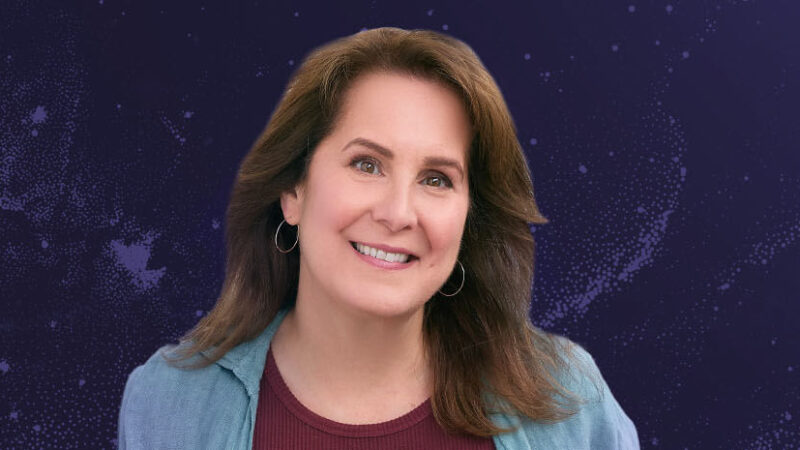I was recently sitting in the audience of a talk by a spiritual teacher who was pointing out, again and again, the timeless nature of being. Although I could feel the depth and profundity of the eternal moment, at a certain point, I noticed myself feeling contracted and frustrated. I thought to myself, “What about focusing on interpersonal relationships and helping us develop skills for being intimate with other people and communicating well at work, that type of thing? I am sick of timeless being!”
And then I remembered that some people are what could be called “subject matter experts” and everyone can’t be good at everything. And that the way I could benefit the most from this talk was to relax into timelessness and learn from this teacher what he is gifted at transmitting and communicating. Fortunately, that approach worked, and my critical mind relaxed.
However, I also started reflecting on something I read in a book by Robert Augustus Masters. Robert is a new author with Sounds True and has written a new book on Emotional Intimacy, and created a new audio series called Knowing Your Shadow. Robert talks about the “personal, interpersonal, and transpersonal” dimensions of experience. And when I read his description of these three different aspects or dimensions, I just loved it! I notice that whenever people just talk about the “transpersonal”, about what is formless, I begin to long for the personal and interpersonal. And when people just talk about the “personal”, about their challenges and woes, I begin to long for a bigger view that doesn’t place any limits anywhere. Maybe I am just a chronic complainer?
But actually, I think it is more than that. My sense is that the personal, interpersonal, and transpersonal are always all three happening simultaneously. And if we leave any dimension out (in a chronic type of way), we are missing something. And when we include all three — how we are feeling individually, how we are experiencing inter-relating with others, and what it is like to transcend any sense of self and other and experience pure being – then we are experiencing a type of wholeness that leaves nothing out.
So I guess we could say I am happy in wholeness and cranky when transcendence is favored instead of recognized as one dimension of multi-dimensional being. And I feel cranky because I have seen people walk out of these transcendence-focused talks without any clue about how to work with difficult emotional states when they arise (and as we all know, they arise). Teachings that are wholly focused on the transpersonal dimension can be a breeding ground for what Robert Augustus Masters calls “spiritual bypassing” – using our spirituality to avoid facing aspects of our experience, particularly difficult emotional experiences. Robert’s focus is on “emotional literacy”, that we can learn to be fluent with all of our emotions, appreciating their nuances and what is being called forth in us in any given situation. To learn more about Robert’s work, you can check out this two-part podcast I did with him recently on Emotional Intimacy, here and here. Listening to Robert, I felt the opposite of “cranky”; I felt whole.










